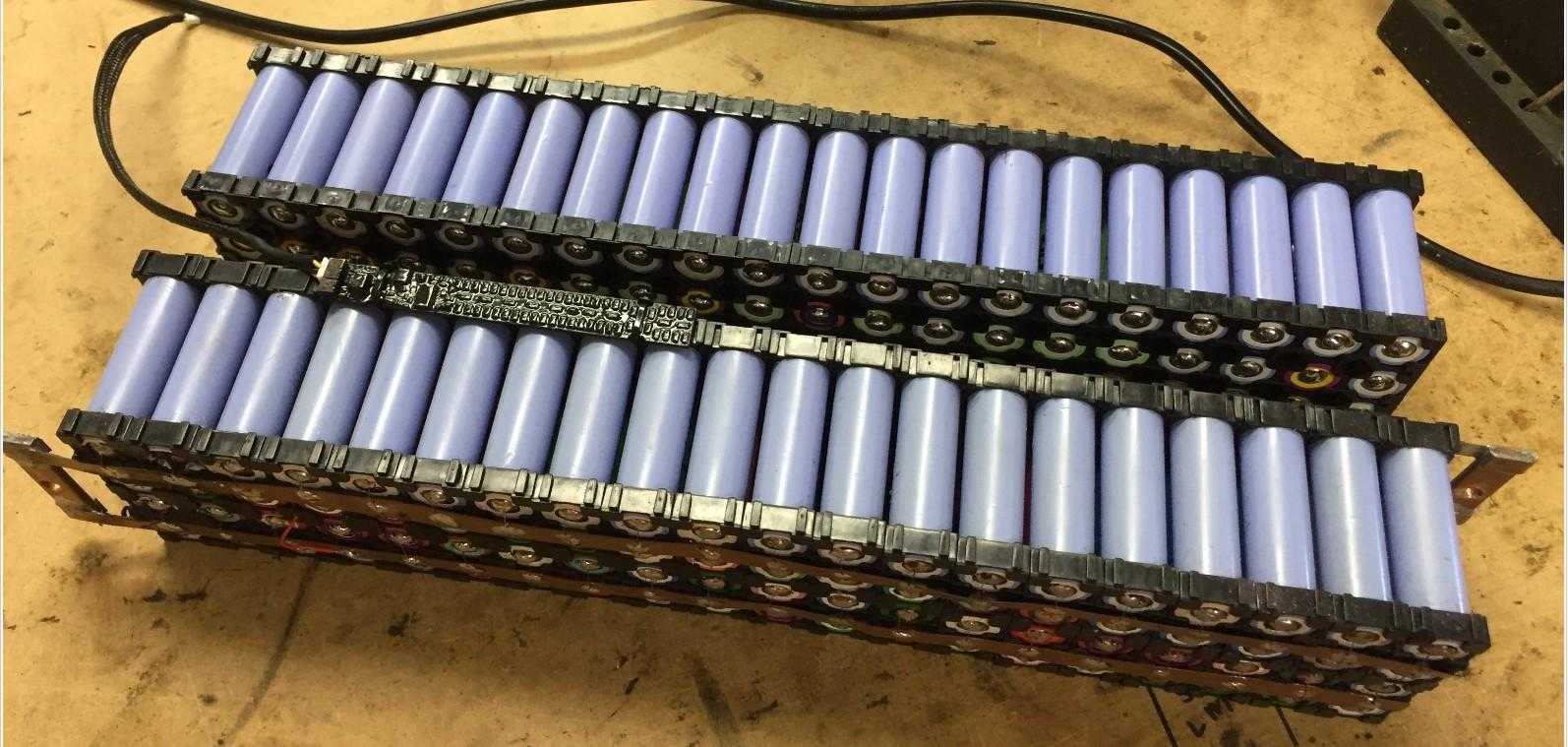The widespread use of lithium batteries today spans from mobile devices to electric vehicles. However, these batteries may encounter various issues over time, necessitating repair. In this article, we will explore why lithium batteries may need repair and how the repair process can be carried out.
- Capacity Loss
Lithium batteries can undergo capacity loss over time. Each charge and discharge cycle gradually diminishes the battery's capacity. This can result in shorter battery life, especially noticeable in portable devices like cell phones or laptops. Users may observe reduced energy retention, prompting more frequent recharging. Repair or replacement of lithium batteries may be required due to capacity loss.
- Rapid Discharge Issues
In certain instances, lithium batteries may experience rapid discharge issues, causing a device or vehicle to deplete energy faster than expected. Particularly problematic in electric vehicles, this issue can lead to reduced driving range, creating inconvenience for users. Such problems may arise from cell imbalances or deterioration within the battery.
- Swelling
Swelling of lithium batteries can pose a serious problem. Cell swelling typically occurs as a result of a chemical reaction and can damage the battery. A swollen battery may harm the internal components of a device or vehicle and may even lead to explosions. Therefore, promptly replacing or repairing a swollen lithium battery is crucial.
- Battery Management System (BMS) Issues
The Battery Management System (BMS) within lithium batteries ensures their safe and efficient operation. However, malfunctions or incorrect functioning of the BMS can negatively impact battery performance. Such issues may necessitate battery repair, involving BMS repair or reprogramming.
Repair Options
Several options are available for repairing lithium batteries. Common issues such as capacity loss or rapid discharge problems can often be resolved by procedures like replacing battery cells or reprogramming the BMS. However, repairing a swollen battery can be more hazardous, and replacement is generally the safest approach.
Conclusion:
Encountering issues and requiring repairs over time is a natural aspect of lithium batteries. Users facing such problems should seek assistance from professionals and prioritize safety precautions. Proper maintenance and timely repair of lithium batteries enable longer and more efficient use of these energy storage solutions.


